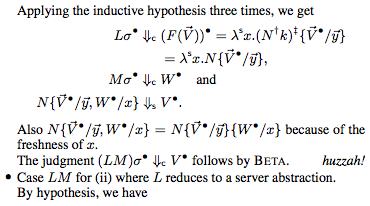Mitzenmacher's Theory Book
I like this vision Michael Miztenmacher is promoting for a book aimed at high school sophomores that explains well-understood topics in theoretical CS and describes a big open problem in each area. Besides getting the word out about the great ideas we have, it could stir enthusiasm through the big looming problems.
When I was around that age, I gorged myself on A. K. Dewdney's The Turing Omnibus: 61 Excursions in Computer Science (now 66), which treats a variety of topics very readably. It rotates around: one chapter might be on some kind of automaton and the next on an AI technique, but each area returns in time, so it develops each in chewable doses.
